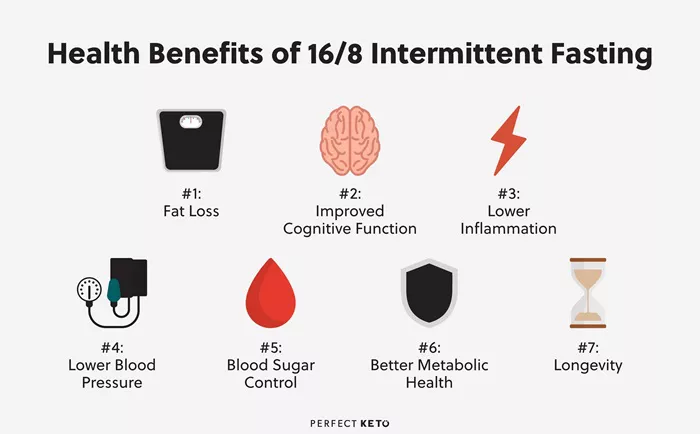New research from Cleveland Clinic underscores the significance of evaluating gynecologic conditions in women presenting with upper gastrointestinal (GI) symptoms, such as nausea and gastroparesis. The retrospective study, published in Clinical Gastroenterology and Hepatology, examined GI symptoms and healthcare utilization in women with and without endometriosis.
While endometriosis is traditionally linked with abdominopelvic pain and painful menstruation, many women with the condition also experience GI symptoms, including constipation, bloating, diarrhea, and nausea. Moreover, these women are at a higher risk of developing irritable bowel syndrome (IBS), with some studies reporting rates as high as 52%. Those with both endometriosis and IBS also tend to report lower pain thresholds and more painful menstrual cycles compared to those with only one of the conditions.
Madison Simons, PsyD, a gastrointestinal psychologist at Cleveland Clinic and lead author of the study, highlighted the challenge of diagnosing this patient group. “As long as I’ve worked in GI, I’ve noticed a high prevalence of gynecologic conditions in our patients,” she said. “The biggest challenge is the time it takes to reach a diagnosis, so any insights that can help us identify these patients more quickly are incredibly valuable.”
Study Design and Key Findings
The Cleveland Clinic researchers conducted a chart review of women seen between 2010 and 2022 at a tertiary care hospital for GI symptoms. They compared women with endometriosis to those without, evaluating a total of 6,736 patients. Of these, 3,236 had endometriosis, and 3,500 served as controls. The study assessed patient demographics, healthcare utilization, and diagnostic codes.
The study population had a mean age of 53.8 years, with 78.2% of participants being white. Women with endometriosis were significantly younger (mean age 49.5 years vs. 57.8 years in the control group). The study found that women with endometriosis were more likely to experience abdominal pain (including right upper quadrant, epigastric, and generalized pain), distention, nausea, changes in bowel habits, iron deficiency anemia, and gastroparesis. In contrast, women without endometriosis were more likely to be diagnosed with Crohn’s disease and abnormal weight loss.
Increased Healthcare Utilization
The researchers also observed that women with endometriosis had higher healthcare utilization across most metrics. While they had fewer outpatient visits, they experienced more hospitalizations, telephone encounters, and abdominal surgeries than the control group. The range of emergency department visits for the endometriosis group was 0-327, compared to 0-88 for the control group. Similarly, hospitalizations ranged from 0-147 for the endometriosis group, compared to 0-66 for those without.
Dr. Simons noted, “We expected that women with multiple conditions would have higher rates of healthcare utilization, but the extent of the difference was striking. What stood out was the types of diagnoses we observed in women with endometriosis.”
While past research has focused on the overlap between endometriosis and lower GI symptoms, this study found that upper GI symptoms such as dyspepsia and gastroparesis were more prominent. Dr. Simons emphasized the importance of comprehensive screening, pointing out that potential gynecologic conditions should not be dismissed based solely on symptom location.
Improving Care through Collaboration
Dr. Simons and her colleagues have made strides in building stronger collaborations with gynecologists at Cleveland Clinic. This cross-specialty partnership has facilitated smoother patient transitions and better care coordination.
“We’ve seen more gastroenterologists addressing gynecologic conditions in patients with GI complaints,” she said. “Gynecologists are also consulting with gastroenterology specialists earlier in the process. This integrated approach has led to faster diagnoses, earlier treatments, and improved patient outcomes. By asking about gynecologic symptoms early, we can shorten diagnosis times and reduce healthcare utilization for these patients.”
The study highlights the need for more targeted screening for endometriosis in women presenting with upper GI symptoms, with the goal of improving diagnostic accuracy, enhancing treatment outcomes, and reducing the overall healthcare burden on patients.
Related Topics
Eight Women Develop Cancer After Misread Smear Tests, Review Finds
Millions Could Face Steep Health Insurance Premium Increases as Federal Subsidies Expire



































